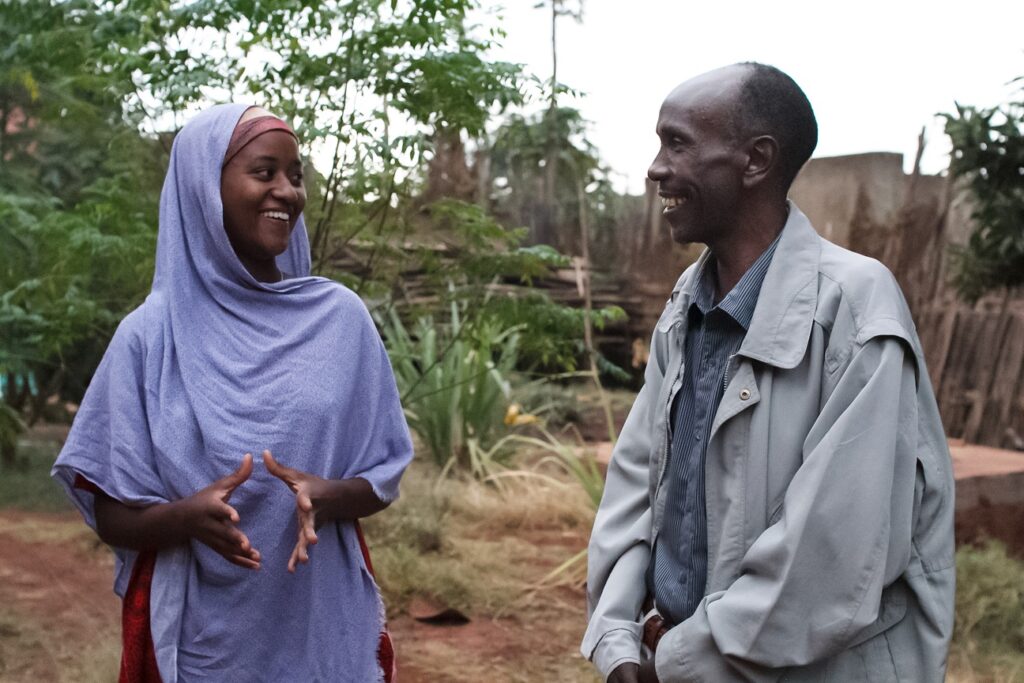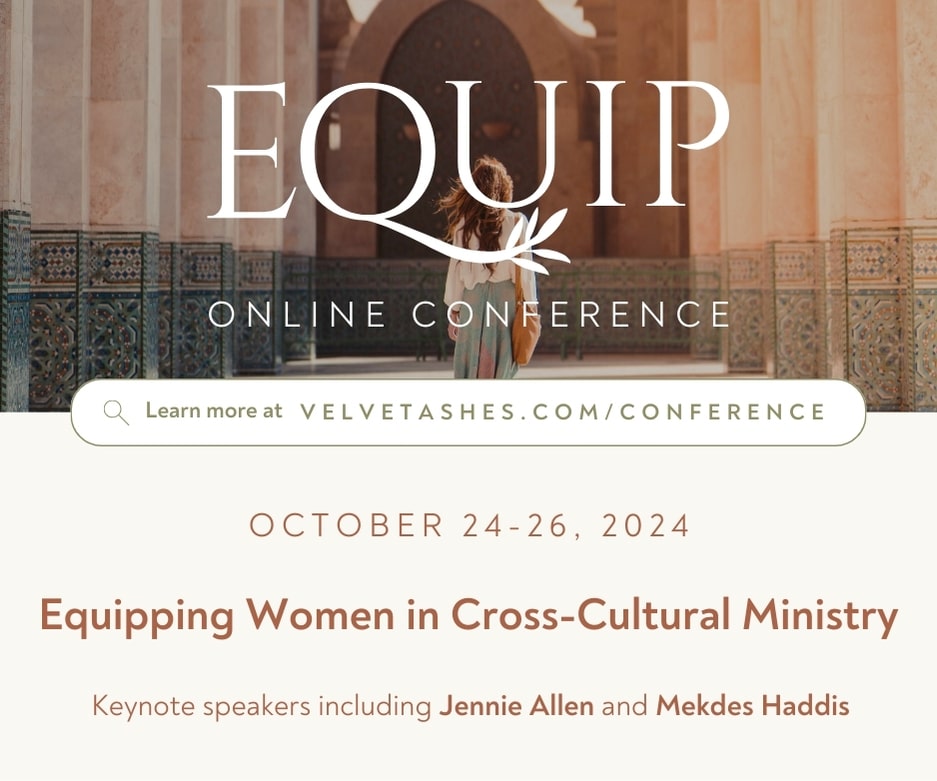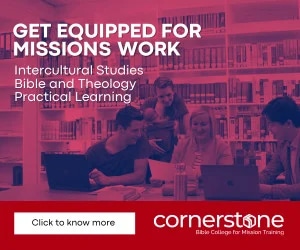EMQ » September–December 2023 » Volume 59 Issue 4

Summary: Over time, the church has repeatedly devolved into structures more geared to attracting and inspiring people than to transforming and mobilizing them. Unless we take deliberate steps to prevent it, many of the movements toward God among unreached people groups that we now celebrate could follow the same pattern. Redemptive communities can prevent or at least postpone this process.
By Ronald and Carolyn Klaus
In western Ethiopia, grinding poverty has colored the landscape for as long as anyone can remember. Eighteen years ago, a young man found Christ and began to lead his family and friends to faith. Under the mentoring of one of our colleagues, he formed his converts into small groups and focused on training the small group leaders – and later, coaches – for the multiplying small groups.
He taught them that Jesus is Lord over everything – over the demonic spirits in their witch-doctor-controlled villages, over their bodies, over their families, and over all aspects of the world. And he told them that they could discover God’s will for themselves by reading the Bible. Though most adults were illiterate, they worked together to understand what the Bible said.
Over several months, they eliminated alcoholism, domestic abuse, female circumcision, and the heretical prosperity gospel. Gradually they learned to clean their houses and improve their farms. Several hundred people are now in self-help savings groups and have started businesses.
All their children now wear shoes and are in school. Some have master’s degrees. Village leaders call on them to resolve village conflicts. Though at first neighbors called them a cult, now people flock to their 63 churches scattered over a 100-mile radius because they want “whatever you have.” We estimate these churches have well over 10,000 members.
Why have these groups of followers been so effective in addressing severe poverty? Why have most Protestant churches around them done almost nothing to address this life-threatening matter? And why, during Ethiopia’s most recent ethnic conflicts, have churches been silent while Christians killed Christians on the battlefield? The natural history of religious institutions explains much of this.
Over time, the church has repeatedly devolved into structures more geared to attracting and inspiring people than to transforming and mobilizing them. Unless we take deliberate steps to prevent it, many of the movements toward God among unreached people groups that we now celebrate could follow the same pattern. We plead with the missions community to think hard about the long-term future of the movements we start, rather than just rejoice over their beginnings.
Member-Only Access
Evangelical Missions Quarterly (EMQ) is available to Missio Nexus members as a member-only benefit or as a digital subscription.
Please login to gain access or join Missio Nexus!





